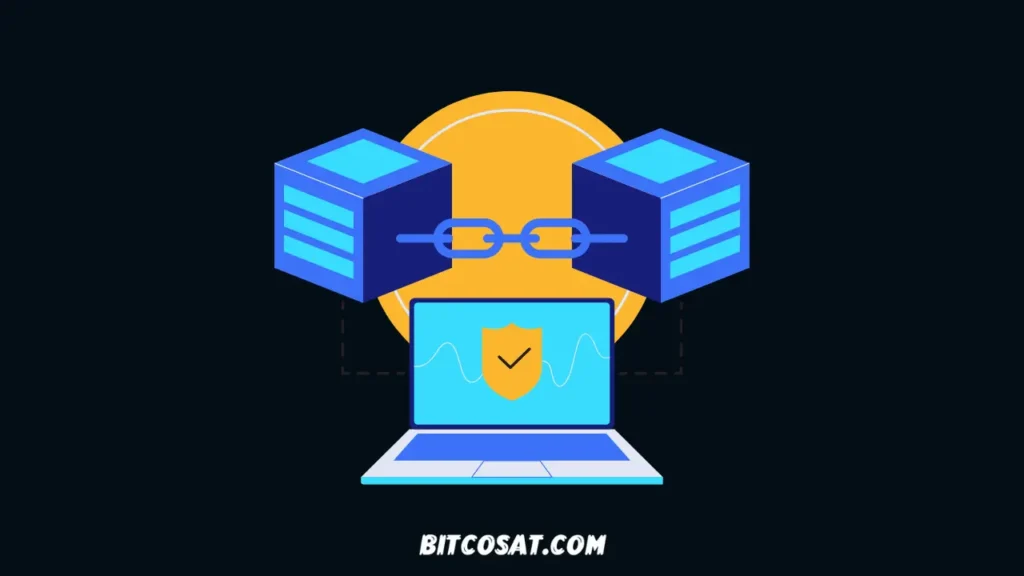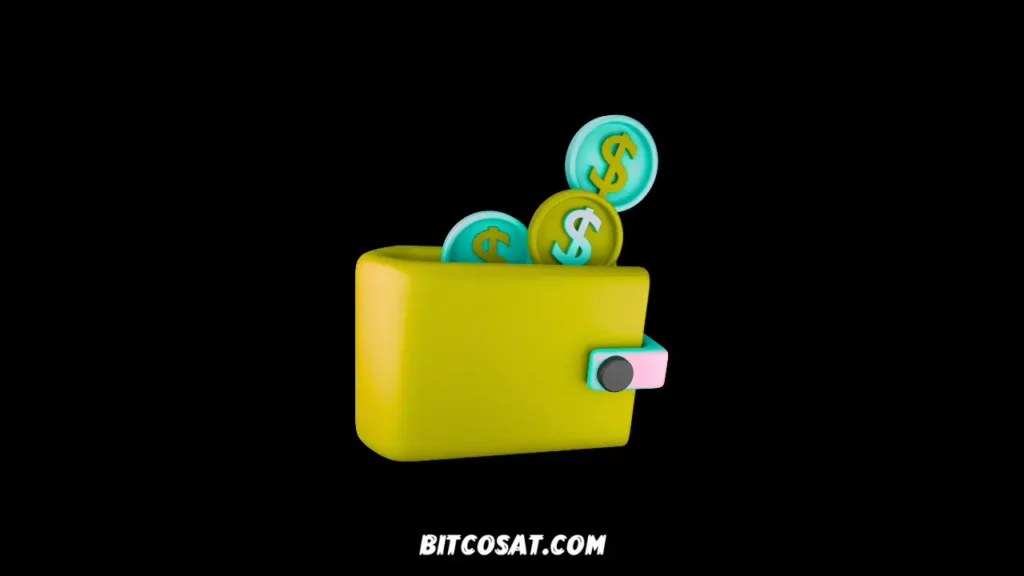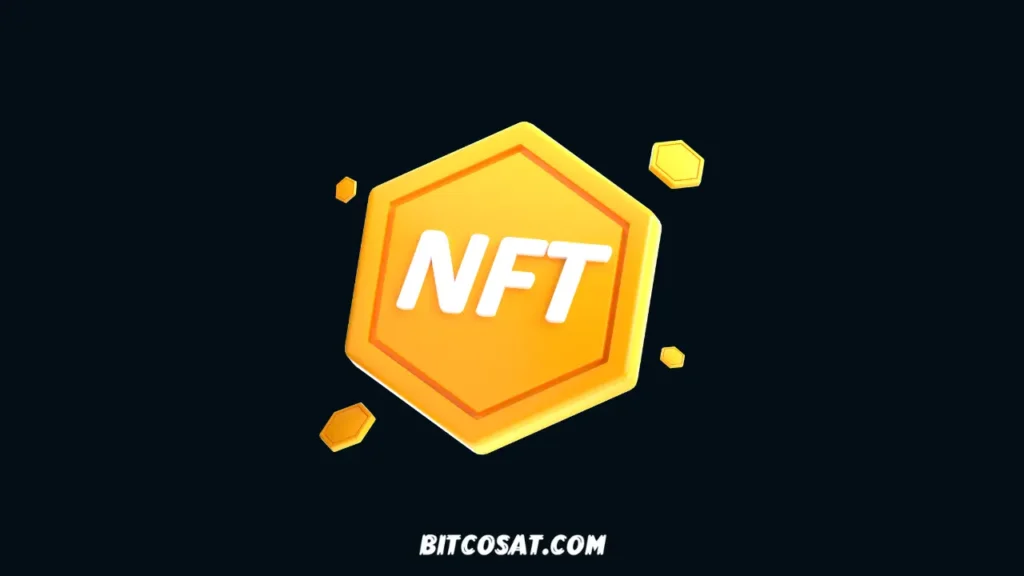A cryptocurrency expert is someone who possesses comprehensive knowledge of the basics of cryptocurrencies and their various terminologies, including blockchain technology, crypto mining, digital market trading, and an understanding of Web 3.0 technologies, digital wallets, and crypto trading platforms.
This expert possesses a comprehensive understanding of a broad range of cryptocurrencies, including their operational mechanisms and various real-world applications.
Additionally, a cryptocurrency expert has an exceptional ability to keep up with the latest developments in this rapidly changing field.
He stays abreast of the latest news and technologies, such as non-fungible tokens (NFTs) and the latest trading strategies.
With this deep knowledge, he can provide accurate insights and expert advice that help individuals and businesses make the most of the opportunities available in digital markets.
Table of Contents
Cryptocurrency Expert Skills

A cryptocurrency expert requires a set of specialized skills that enable them to understand and analyze the crypto markets and operate effectively in this dynamic field.
These skills are not only technical but also include strategic and analytical aspects to provide accurate and informed advice.
1️⃣ Cryptocurrency Basics and Terminology
Understanding the crypto basics is the cornerstone of any expert in this field.
This includes understanding what cryptocurrencies are, how they work, and the basic terms used, such as blockchain, mining, digital wallets, tokens, and platforms.
This knowledge helps build a solid foundation for a deeper understanding and more accurate analysis of the market.
2️⃣ Knowledge of blockchain technology

Blockchain is the backbone of the digital world, and a cryptocurrency expert must be familiar with how it works and how to use it to secure data and execute smart contracts effectively.
Once data is recorded on the blockchain, it cannot be modified or deleted. This feature enhances data integrity and prevents tampering with records.
Whether it’s financial transactions, medical records, or smart contracts, this principle ensures the protection and long-term integrity of information.
3️⃣ Understanding digital mining
Mining is a fundamental pillar of the crypto world, representing the process by which decentralized networks are secured, transactions are verified, and new coins are issued.
Mining relies on computing power to solve complex mathematical equations using algorithms such as SHA-256 or Scrypt. Mining efficiency varies depending on the type of hardware used, such as ASIC devices or GPUs.
Mining activity is also affected by economic factors, including electricity costs, currency prices, and network difficulty, making profitability analysis a critical component for any expert in the sector.
In addition, environmental and legal aspects must be considered, given the growing debate over energy consumption and the global trend toward sustainable mining or alternatives such as Proof of Stake.
4️⃣ Knowledge of trading platforms
Familiarity with different trading platforms is an essential skill, as an expert can guide clients toward the most appropriate platforms based on security, fees, and ease of use.
5️⃣ Managing crypto wallets

Digital wallets are essential tools in the digital world, and crypto experts must be familiar with their different types and how to secure them to preserve clients’ investments.
6️⃣Trading and Technical Analysis
Trading is the foundation of any investor’s success in the crypto world. It relies on precise strategies based on technical analysis to determine the best times to buy and sell.
A cryptocurrency expert uses tools and techniques to analyze charts and price trends, enabling them to provide accurate recommendations that help achieve the best results in the digital markets.
7️⃣ Keeping up with the latest Web 3.0 technologies
Web 3.0 technology is revolutionizing the way the internet works, and cryptocurrency experts must understand its role in promoting decentralized applications and enhancing digital interaction.
8️⃣ Understanding Non-Fungible Tokens (NFTs)

NFTs have become an integral part of the digital economy, and cryptocurrency experts need to understand how these tokens are used in sectors such as art, gaming, and digital real estate.
9️⃣ Keeping up with news and technical developments
The digital world is rapidly changing, and a cryptocurrency expert must always stay up-to-date with the latest developments and news to ensure accurate and up-to-date advice is provided to clients.
Advanced Cryptocurrency Expert Skills

To become a distinguished expert in cryptocurrencies, you need to develop advanced technical skills that enhance your capabilities in this field.
These skills go beyond basic knowledge and include practical experience in programming, blockchain development, and managing major digital projects.
🔴 Programming with Solidity
Solidity is the primary language used to write smart contracts on the Ethereum network. Mastering this language enables cryptocurrency experts to create highly efficient and secure decentralized applications (dApps) and smart contracts.
🟠 Creating blockchain networks
The ability to create a private or public blockchain network is a distinct skill. This process includes designing the network architecture, setting up nodes, and ensuring the network is secure to meet various needs.
🟡 Create Tokens
Creating digital tokens such as ERC-20 or ERC-721 is an essential part of the advanced cryptocurrency expert’s skills. This requires an understanding of how tokens are designed and ensuring their compatibility with existing regulations.
🟢 Understanding ICOs
Initial coin offerings (ICOs) are a primary means of financing digital projects. A cryptocurrency expert must understand the legal and technical mechanisms for creating and executing ICOs.
🔵 Ability to manage ICOs
In addition to theoretical understanding, the expert needs the ability to manage ICOs, including developing smart contracts, submitting legal documents, and implementing marketing strategies to attract investors.
Cryptocurrency Expert Titles and Jobs

Cryptocurrency experts can take on a variety of roles based on their skills and interests. These roles require a combination of technical and strategic skills that make them key contributors to the development of the field. Below is a list of key positions with a detailed description of each:
1. Blockchain Developer
A blockchain developer is an engineer who designs the infrastructure for blockchain networks and works to develop innovative solutions that meet the needs of businesses and individuals.
Their responsibilities include writing smart contracts, building decentralized applications (dApps), and developing systems that ensure decentralization and security.
This role requires proficiency in programming languages such as Solidity, Python, and C++, along with a deep knowledge of algorithms and cryptography.

2. Crypto Market Analyst
A crypto market analyst is someone who studies market movements and analyzes historical data to identify trends and predict future prices.
They use technical analysis tools such as charts and indicators, as well as fundamental analysis, which includes studying projects, partnerships, and economic events. This role enables investors to make informed decisions, reducing risk and increasing returns.
3. Crypto Investment Advisor
An investment advisor provides expert advice to investors and companies on how to capitalize on investment opportunities in crypto.
Their work includes designing customized investment strategies based on clients’ financial goals and risk tolerance, as well as educating them on best practices to avoid fraud or significant losses in this volatile market.
4. Token Designer
A digital token designer specializes in creating and developing crypto tokens that can be used in blockchain systems.
They work to define token features such as supply, tradability, and the primary purpose of use, whether ERC-20 or ERC-721 tokens. This role plays a key role in launching new digital projects and ensuring their success.
5. Crypto Security Expert
With the rise of cyber threats, the role of a security expert becomes increasingly important. This expert develops solutions to secure digital wallets and networks against attacks, as well as reviews smart contract code to avoid security vulnerabilities. Strong cryptography and cyber risk analysis skills are required.
6. ICO Manager
The ICO manager coordinates all aspects related to the launch of an initial coin offering.
Their responsibilities include developing smart contracts, writing whitepapers, designing a marketing strategy, and communicating with investors. This role requires a deep understanding of legal and technical aspects to ensure the success of the offering.
7. Smart Contract Developer
A smart contract programmer is responsible for writing the code that governs the execution of digital agreements on blockchain networks.
They ensure the security and efficiency of contracts through comprehensive code testing. These contracts are used in various fields, such as decentralized finance (DeFi) and supply chains.
8. DeFi Expert
A Decentralized Finance (DeFi) expert provides advice on how to use decentralized platforms to lend and borrow funds, trade, and earn returns from cryptocurrencies.
This expert explores decentralized financial applications and studies how to improve them to meet user needs.
These titles and job titles illustrate the wide variety of job opportunities available to cryptocurrency experts. From programming and analysis to management and consulting, these roles are not only attractive but represent the future of the digital economy.
Cryptocurrency expert responsibilities

A cryptocurrency expert holds a variety of responsibilities that require a combination of technical and strategic skills to deliver added value to clients and projects.
These responsibilities range from providing consulting, analysis, and risk management to supporting startups and promoting awareness of the crypto space.
– Providing specialized consultations
A crypto expert provides personalized consultations tailored to the needs of individuals and businesses. This consultation includes analyzing the client’s goals, such as achieving long-term returns or seizing short-term market opportunities, and then providing accurate recommendations on suitable cryptocurrencies for investment.
These recommendations are supported by a comprehensive analysis of the technical and economic factors of each currency, ensuring intelligent, informed investment decisions.
– Digital Market Analysis
Digital market analysis is one of the primary tasks of a cryptocurrency expert, who studies daily and weekly market movements to anticipate price movements and market trends.
Advanced analysis tools such as technical indicators (RSI, MACD) and price pattern analysis are used, in addition to studying fundamental factors such as new partnerships and influential economic events.
This analysis helps clients make trading and investment decisions based on reliable data.

– Risk management
Due to the volatile nature of the crypto market, a cryptocurrency expert places a significant emphasis on risk management.
This responsibility includes designing strategies that minimize potential losses, such as diversifying investments and using tools like stop-loss.
The expert also provides plans to help clients navigate market volatility with confidence and without significant impact on their financial assets.
– Providing training and education
Another important aspect of a cryptocurrency expert’s responsibilities is their role as a trainer and educator.
They organize workshops and training courses to teach individuals and companies the crypto basics, how to trade, and how to use digital wallets safely.
This training aims to enhance users’ awareness of the digital space and increase their ability to make sound decisions in this evolving market.
– Supporting digital projects
The cryptocurrency expert plays a vital role in supporting emerging blockchain projects.
They provide advice on conceptual design, whitepaper preparation, and developing marketing strategies to attract investors.
They also analyze the project’s technical and economic feasibility, helping determine its potential for success and ensuring its goals are met.
The Most Famous Crypto Experts
We’ll delve deeper into the topic in an upcoming article titled: The Most Famous Crypto Experts. Don’t forget to follow us on X to receive the article as soon as it’s published.
FAQ
How can I become a crypto expert?
To become a crypto expert, you need to study the basics of cryptocurrencies, learn programming and blockchain technology, and obtain specialized certifications. Additionally, gaining practical experience by working on blockchain projects or trading helps you develop your skills.
Where does a cryptocurrency expert work?
A cryptocurrency expert can work in a variety of fields, such as fintech companies, blockchain startups, investment institutions, or as an independent consultant providing services to individuals and businesses.
Is there a growing demand for cryptocurrency experts?
Yes, the demand for cryptocurrency experts is constantly increasing as the field evolves and companies and governments adopt blockchain and cryptocurrency technologies. This field is one of the most promising in the digital economy.
What’s the difference between a crypto expert and a traditional financial advisor?
A crypto expert specializes in cryptocurrency markets and blockchain technologies, while a traditional financial advisor focuses on traditional investment instruments such as stocks and bonds. A cryptocurrency expert possesses technical skills and specialized knowledge of the crypto space.
What challenges does a cryptocurrency expert face?
The most prominent challenges include extreme market volatility, rapid changes in technology, security threats, and changing legal regulations in various countries. Dealing with these challenges requires flexibility and the ability to adapt quickly.
Does a cryptocurrency expert need a programming background?
A programming background isn’t required for a cryptocurrency expert, but it’s a strong advantage. Knowledge of programming languages like Solidity or Python helps understand smart contracts and create decentralized applications.

